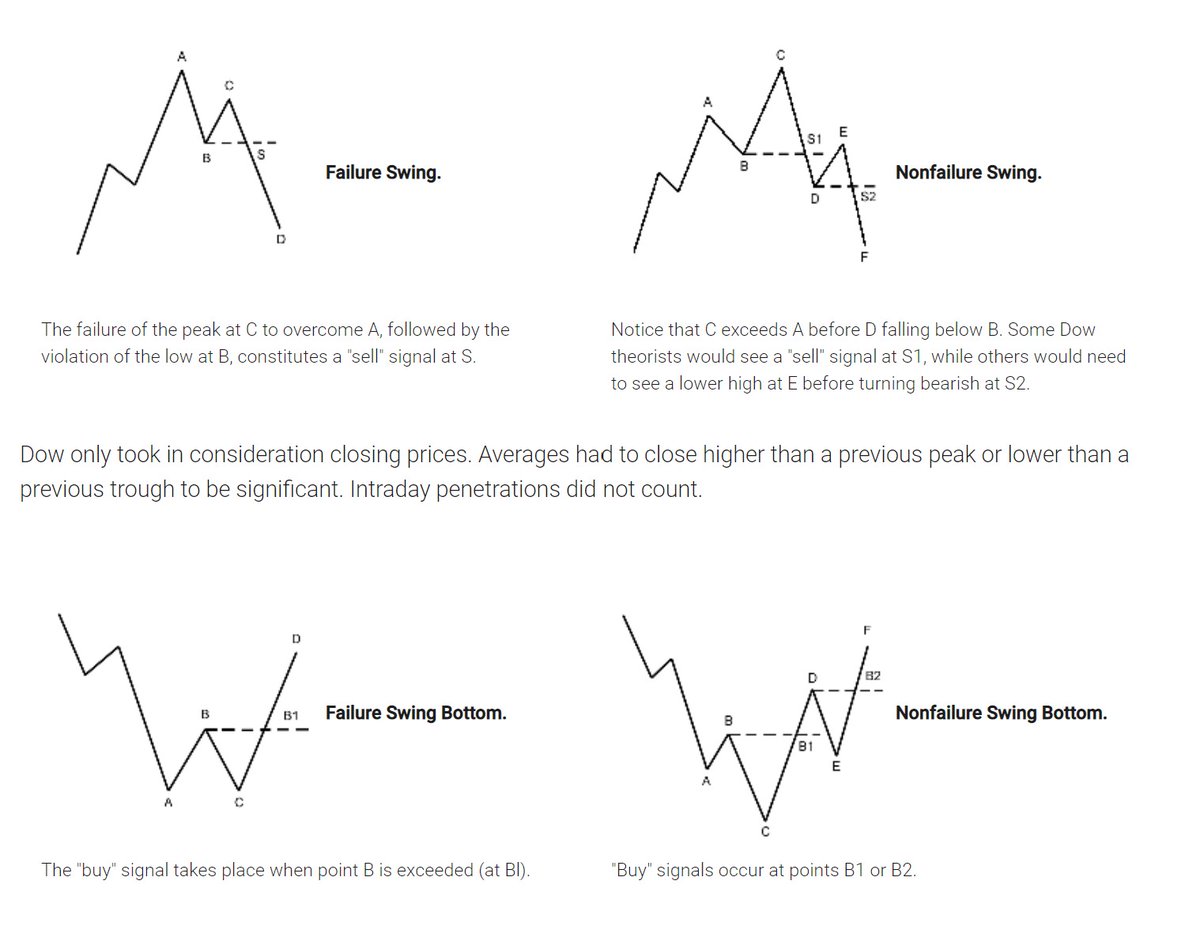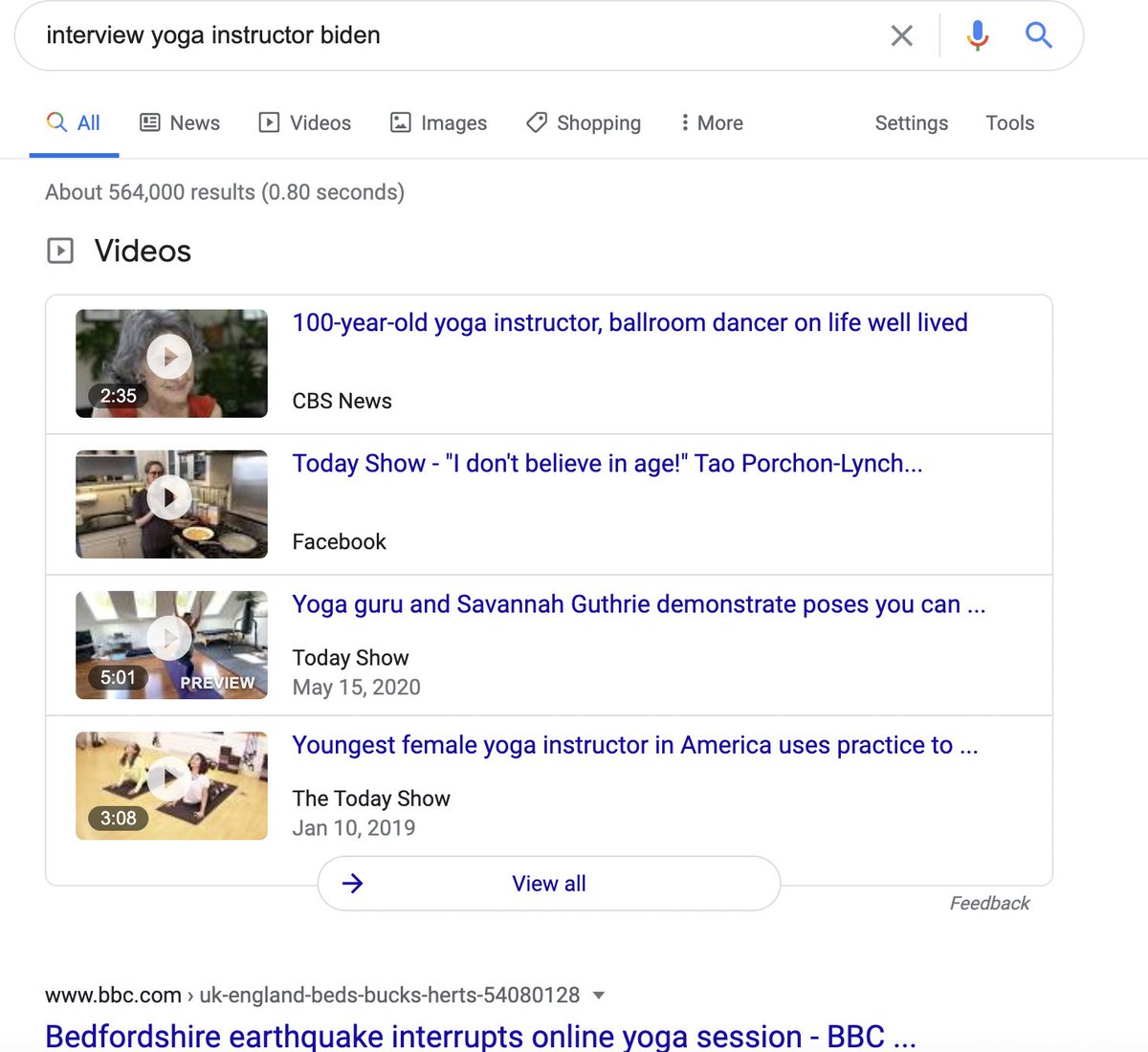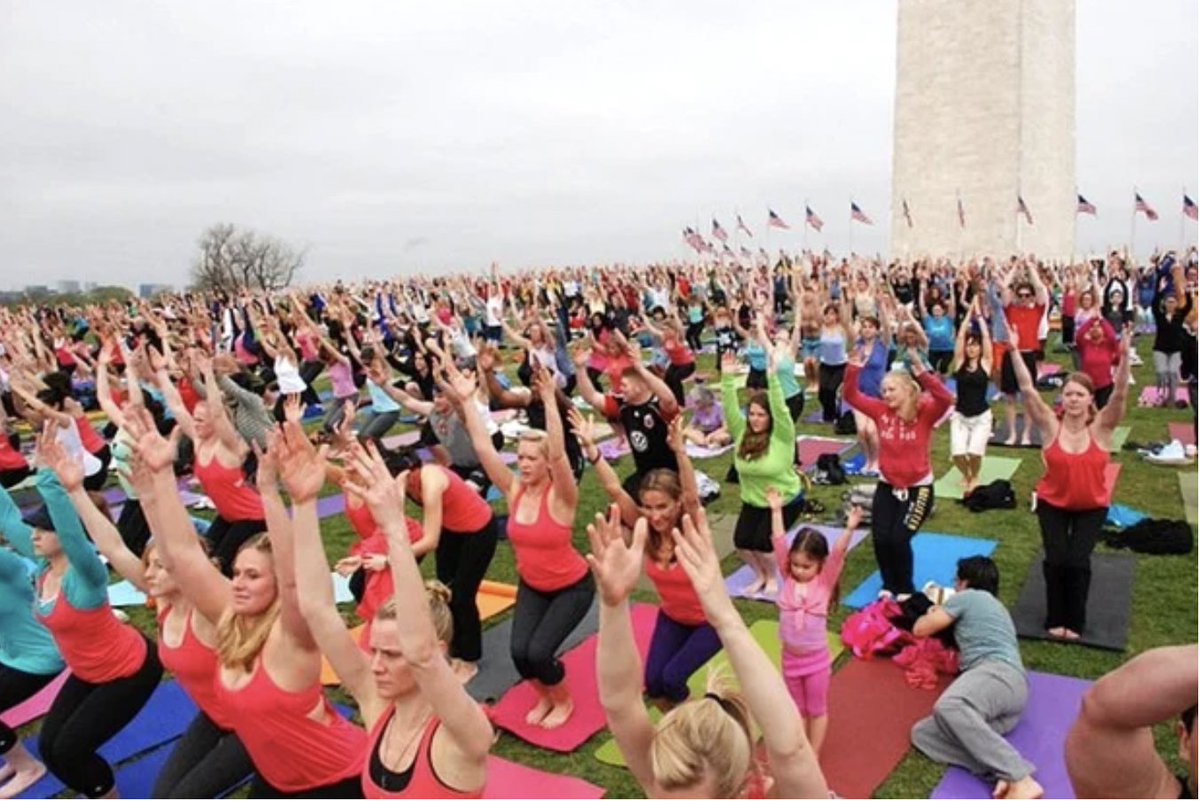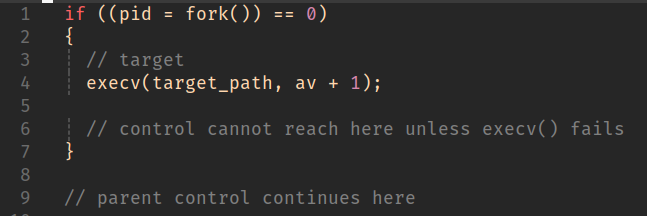I am seeing a ton of confusion about protecting yourself on the Internet. So as a retired bastard genius kid, I wanted to share my own experiences and knowledge in this.
DOXXING, PERSONAL CYBERSECURITY, ANONYMITY for the average revolutionary. A thread:
On an individual level, most average people are not important enough to try to dox. But if you're hiding from a tyrant govt, a high-profile YouTuber with bad opinions, hiding from white supremacists, or an active BLM protestor? Be concerned.
A: STRONG passwords changed regularly. NEVER use the same PW between sites. PW managers/generators help immensely. Combined with two-factor authentication (2FA) on all services, this is enough for most average users.
A: Possibly, but probably not. It can help to narrow down a search for info, but those alone usually aren't enough to find a person online.
A: Yes -- sort of. Do not click strange links without knowing the context. Malicious websites run scripts that do things like IP logging or cookie grabbing. An IP alone does not reveal a physical location, but can be spoofed as your identity.
A: Not necessarily. Many people stay anonymous by operating through multiple identities and being careful about what data is shared where. You are at discretion with how far you want to protect yourself, just like with real life.
A: Virtually no. Nearly all data ever inputted into the Web has been cached and saved somewhere. You can request people directory sites to take down info of you, but usually with limitations. The best way to deal with it is --
2) obfuscating what you found as much as possible. Delete/archive old social media accounts. Request said takedowns. Change your account handles and email addresses. Etc.
A: I know. This stuff is scary. But being equipped with the knowledge is the best thing you can do for yourself. ^^
https://t.co/vQiwAH6fOI
https://t.co/Ht1yLvBGUR
https://t.co/hGm38m94mH
This is technically not about doxxing but it's an INCREDIBLE independent investigation on geolocating a child abuse case based on photos alone. It's incredible what a photo can tell you, even outside of metadata.
https://t.co/bFGbUSelC2
More from Internet
You May Also Like
So friends here is the thread on the recommended pathway for new entrants in the stock market.
Here I will share what I believe are essentials for anybody who is interested in stock markets and the resources to learn them, its from my experience and by no means exhaustive..
First the very basic : The Dow theory, Everybody must have basic understanding of it and must learn to observe High Highs, Higher Lows, Lower Highs and Lowers lows on charts and their
Even those who are more inclined towards fundamental side can also benefit from Dow theory, as it can hint start & end of Bull/Bear runs thereby indication entry and exits.

Next basic is Wyckoff's Theory. It tells how accumulation and distribution happens with regularity and how the market actually
Dow theory is old but
Here I will share what I believe are essentials for anybody who is interested in stock markets and the resources to learn them, its from my experience and by no means exhaustive..
First the very basic : The Dow theory, Everybody must have basic understanding of it and must learn to observe High Highs, Higher Lows, Lower Highs and Lowers lows on charts and their
Even those who are more inclined towards fundamental side can also benefit from Dow theory, as it can hint start & end of Bull/Bear runs thereby indication entry and exits.

Next basic is Wyckoff's Theory. It tells how accumulation and distribution happens with regularity and how the market actually
Dow theory is old but
Old is Gold....
— Professor (@DillikiBiili) January 23, 2020
this Bharti Airtel chart is a true copy of the Wyckoff Pattern propounded in 1931....... pic.twitter.com/tQ1PNebq7d

























